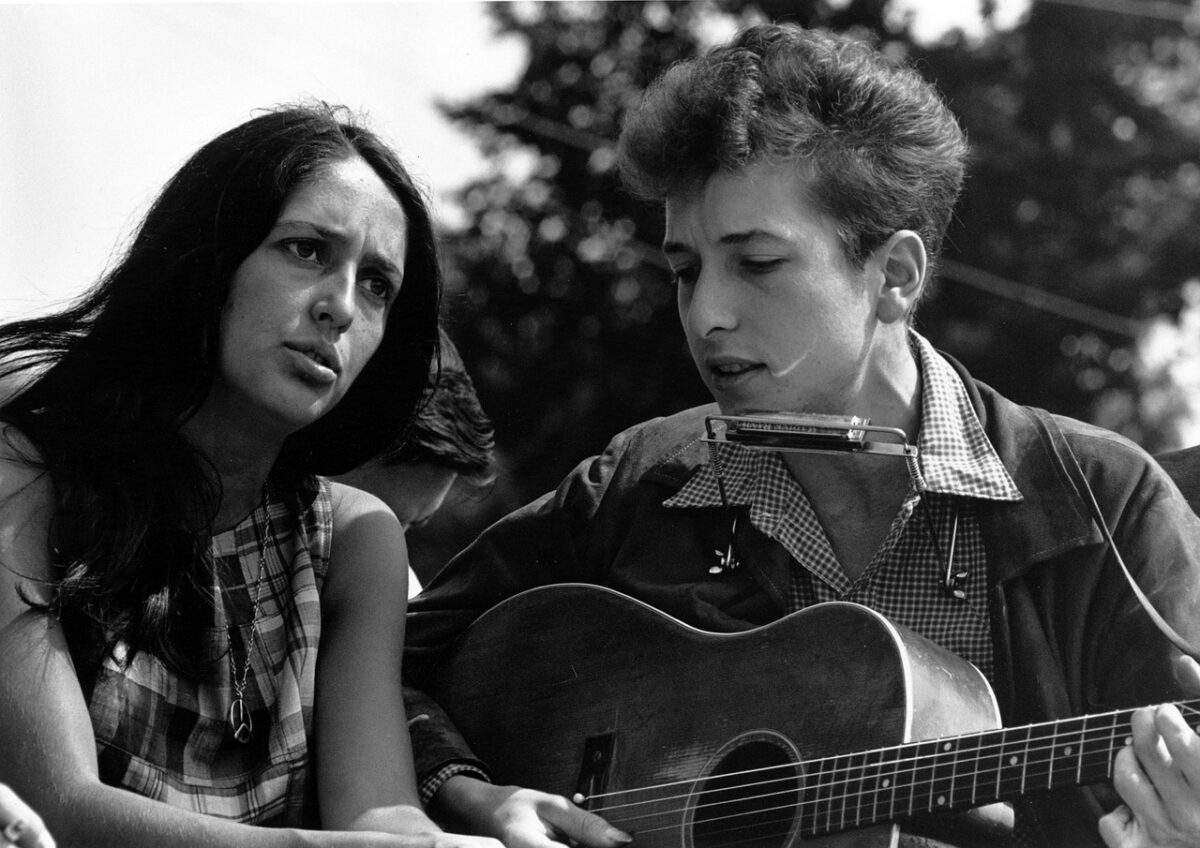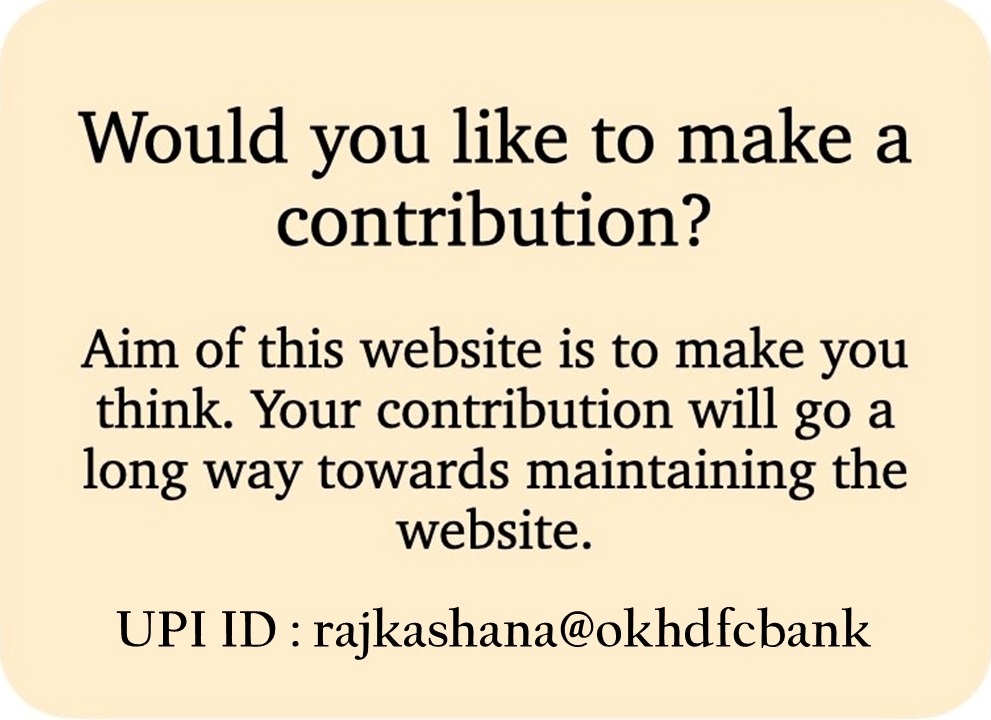So the Nobel committee dropped a mega-TNT and many of the pundits grudgingly ate their predictions. Bob Dylan for literature Nobel? Who would have thunk? The internet was clearly divided in two camps. Those who lauded the decision and those who criticized it quite harshly – much more so than when the Nobel goes to an unknown writer you have never heard of. Some of the objections were rather surprising. For instance, the Lit Nobel is going away from books, people will stop reading books now! Apart from the fact that this is an overreaction – I don’t think people who want to read books will stop reading them – this raises a fundamental question. Does the quality of an artist’s expression depend on the medium of expression?
Indian literature – both prose and poetry – has a rich oral tradition, starting from the ancient Vedas to epics like the Mahabharata. The Bhagavad Gita is depicted in the Mahabharata as a spontaneous dialogue. Even much later, after Gutenberg had made his mark, books were still hard to come by, both for authors and readers. Mirza Ghalib, one of the greatest Indian poets to have ever lived, used to tie knots in his kamarband as he recited the couplets in his poetry, much like Mozart who just reeled of an original score. Next day, he would untie them one by one and write the couplets down. Most of the Urdu poetry in those days was transmitted orally, through mushairas (social gatherings for Urdu poetry readings). Few had the money to get a poetry collection published. Does Ghalib become less of a poet because his medium of transmission was mainly oral? Paper as a medium of literature is slowly becoming obsolete. (Yay for the trees!) I no longer buy books made of paper. Kindle is infinitely more convenient. (I have read all the nostalgic arguments about the lovely smell of books and so on. In fact, I do love the smell of books but pragmatism wins. Being able to carry hundreds of books in your hand, with search and dictionary functions at your beck and call – that is the paradise that Jorge Luis Borges talked about). It will not be unreasonable to assume that future mediums of writers and poets will involve less paper and more technology. That should not decide the quality of literature.
But.. but.. Dylan is a musician! He is already famous! This argument is a slippery slope. If the Nobel is meant only as a means of discovering less known talented writers, then that will preclude everyone from Haruki Murakami to Joyce Carol Oates from the Nobel race. They are as famous as they can possibly be and they don’t need any more publicity. The objection about Dylan being a musician is related to this setting a bad trend. Actually, after having awarded Dylan, I don’t think the Nobel committee is going to consider another musician-poet in near future. This reduces the chances of Leonard Cohen getting the prize. Because of his brilliant music, Dylan’s poetry became much more accessible than it would have been had he produced a thick anthology.
Does the quality of poetry depend on any of the external parameters – medium of expression or length of the poems? Is a haiku any less expressive because it contains so few words? I like to think that poetry is a spontaneous expression that happens almost without the conscious efforts of a poet. I cannot imagine a poet staring at the proverbial blank screen, trying to ‘engineer’ a couplet. Good poetry is on speed dial with the subconscious. That’s why Samuel Coleridge wrote Kubla Khan after waking up from an opium-influenced dream. That is also why Jim Morrison’s songs have such haunting imagery.
This Nobel has proven wrong the assumption that a popular work of art cannot be of highest quality. One often encounters this bias when discussing the so-called high-brow works of art, where something is dismissed just on the grounds that the masses love it. As a result, entire genres like science fiction, fantasy or crime fiction are excluded from the elite literary circles. No matter how prescient Isaac Asimov was in predicting the three laws of Robotics, he will never find a place in the exalted literary journals. Not that he needs to. I like the fact that the Nobel committee is being inclusive instead of being exclusive in choosing Dylan.
Finally, a reminder that awards are not meant to be taken too seriously. Again, I turn to Woody Allen and his views on the Academy Awards. Before you watch this, remember that Woody has won four Academy Awards and has been nominated twenty-four times! He has never attended any of these ceremonies. The only time he attended the Oscars was to honour the city of New York in the aftermath of 9/11. He has walked the talk.



